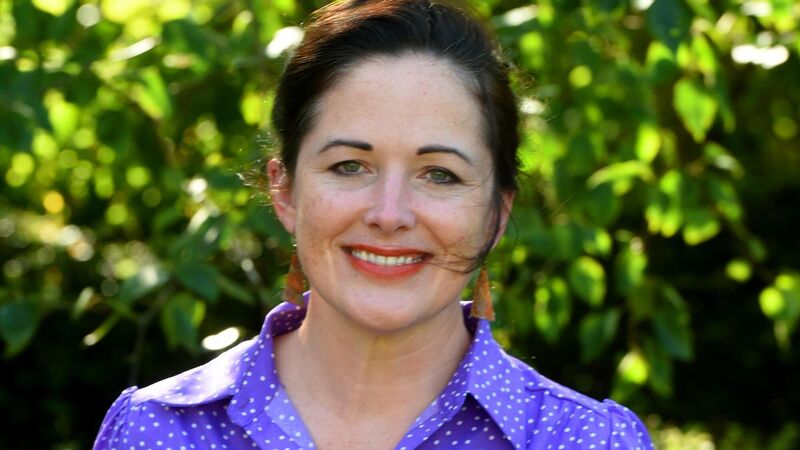Diary of an Irish Teacher: Why great teachers matter so much

Jennifer Horgan: The biggest influence beyond the student is the classroom teacher. Pic: Larry Cummins
I asked about the purpose of education last week and was met with passionate responses from teachers across the country. Educators wrote back with their ideas, in a spirit of enthusiasm and collaboration. Ireland needs to protect that spirit, as if cradling a flame. If we can protect it against the vagaries of politics and bad faith, we’ll have a far better education system.
Teachers, great teachers, matter.
John Hattie, a New Zealand academic, provides a huge amount of data on what determines a child’s ability to succeed. Two statistics stand out. The students themselves contribute 50 per cent of the variance. We must always start with the student. Can you predict the next most crucial factor?
Is it the curriculum?
School facilities?
Resourcing?
Class size?
No. The biggest influence beyond the student, at a whopping 30% is the classroom teacher.
To be a great teacher takes a lot; having a great teacher means a lot. That’s not fully appreciated in Ireland. Teaching is a highly emotional, caring profession and it’s exhausting and rewarding in a way that’s difficult to articulate here. The role of an SNA, an inherently caring one, is similarly overlooked. Relationships are at the heart of every good school and relationships take time and effort and a very special, very sustained kind of energy.
A comment appeared on Twitterland last week that teachers love their subject more than their students and it sank my heart. Teachers love both – at least they should. And if it’s between the two, I’d tip the balance in favour of loving the company and the energy of young people. A teacher’s subject-specific expertise should always, always come second to that. How do they choose to teach? It’s important but I’m happy to place it in third position on the podium. Up top, in first position, nearest the sky, are the hearts of the people in the classroom. That’s where the magic is. And that’s the sense I get from the teachers I work alongside, and from those I’ve connected with through this column.
Teaching professionals are great, they are precious, because they see the world through their students’ eyes. Students know instinctively when a teacher or an SNA, or a principal or a school secretary cares about them, and they will battle storms easier, knowing they have an ally at their side.
Empathy from and indeed, for teachers, matters.
Because when you think about it, if we create classrooms where students are cared for and understood (50%) and where teachers are supported (30%), according to Hattie at least, we are four-fifths of the way there.
Everything else matters a little bit less.
Ireland needs to think about the emotional and relational aspects of teaching in how we train our teachers too. At present, to become a secondary teacher, having a PhD carries ten times the weight of having spent a year working with young people. But being a sparkly, brilliant academic does not make you a great teacher at secondary level – loving young people does.
During the PME course, trainee teachers encounter some materials on special needs and psychology, but much of their time is spent on writing lesson plans and learning subject-specific teaching methodologies. These are hugely important aspects of the job, but they are not enough in isolation. Every aspiring teacher needs training in SPHE for starters. Social Personal and Health Education puts the child first. Every aspiring teacher should be trained in Relationship and Sex Education: RSE. The History of Education in Ireland is a fine module, but it’s purely academic. It is an outrage that we include it, and don’t include RSE and SPHE training for every member of staff. Every. Single. Teacher. In. Ireland. As the system works currently, SPHE just appears on your timetable as an afterthought and too often, it’s relegated to the category of ‘also ran.’
I spoke with sex and relationship expert Grace Alice O’Shea this week who voiced how difficult it can be for teachers who have received no sex education themselves, to stand up in front of a room of teenagers, labelling body parts and discussing porn and consent. She’s right.
It’s not good enough.
I’ve quoted Maya Angelou in this column before, but I’m doing it again now because I carry her words with me into every classroom, every day: “People will forget what you said, people will forget what you did, but people will never forget how you made them feel.”
When it comes to teaching and learning, Angelou reflects the best of what’s happening in Irish classrooms. It’s everybody else’s job in the country to protect that.





